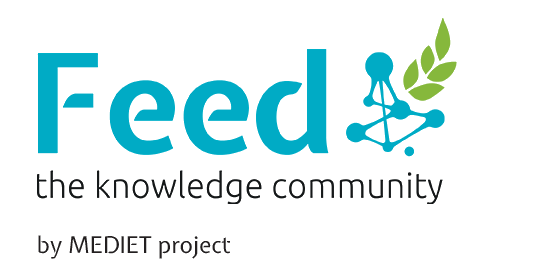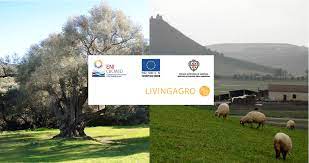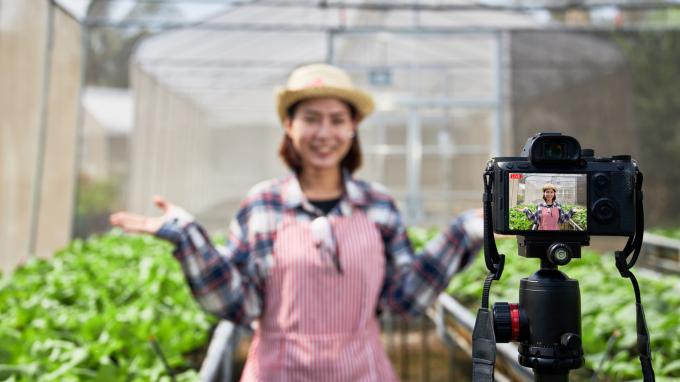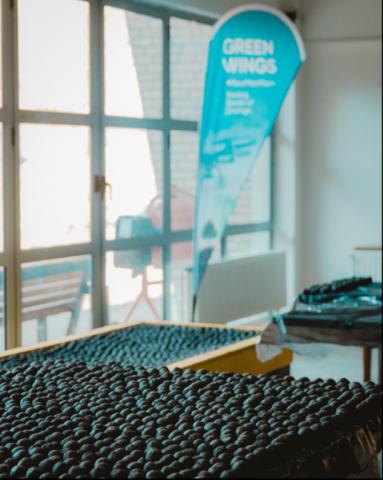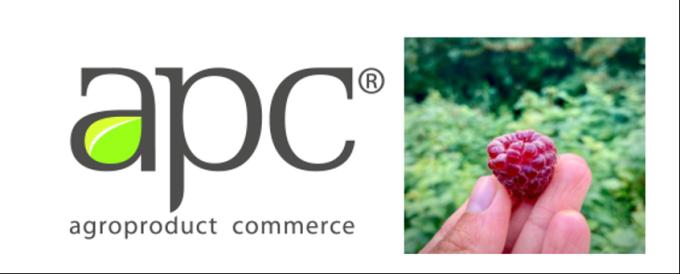Period
2019 - in progress
This transformative practice in Jordan aimed to boost horticulture productivity and sustainability among Small and Medium-Sized Enterprises (SMEs). By introducing and testing ten commercially viable cultivation improvements, and export marketing opportunities, this practice directly involved around four committed exporters and 80 growers (pilot farmers). Crop guidelines, training manuals, and information tools were provided to 800 growers (scaling farmers), leading to improved productivity, higher produce quality, and market conformity, while also reducing relative production costs and water use. The practice sought to enhance institutional and private sector support for competitive sector growth and develop a comprehensive evidence-based scaling proposal. The end result was increased incomes for pilot farms, sustained or increased employment rates, and the development of a strategic plan for large-scale, market-driven growth in Jordan's horticultural sector.
You must be registered to see all the content
Identification needs
The underlying theory of change assumes that if SME farmers adopt improved farming practices and technologies leading to higher productivity efficiency, including water use efficiency, then farms will become more competitive and profitable, and employment and income levels will increase. To set this process in motion, the project focuses on identifying and introducing commercially feasible and operationally sustainable cultivation improvements. These innovations are tried and tested under the prevailing conditions of SME horticultural producers and their (export) traders.
Stakeholder change
1) Ten viable horticulture production improvements and export marketing opportunities (PMCs) identified and piloted with around four committed exporters and 80 growers (pilot farmers); 2) Crop guidelines, training manuals and information tools available and used for training 800 growers (scaling farmers); 3) Institutional and private sector support for competitive growth enhanced; 4) Comprehensive evidence-based proposal for scaling developed.
Change triggered
A) 800 (=80 pilot + 720 scaling) farmers improved productivity, produce quality and market conformity and reduced the relative production cost and water use (50%/30% pilot farmers; 25%/ 15% scaling farmers).
B) Strategic plan that outlines the interventions necessary to reach large-scale and sustainable, market-driven growth in Jordan's horticultural sector.
C) Increased income generated by pilot farms involved in the project. D) Sustained or increased employment rates at pilot farms involved in the project.
Short description
In 2018, the Netherlands Enterprise Agency (RVO), in close consultation with the Embassy of the Kingdom of the Netherlands (EKN), launched the pilot project ‘Inclusive Horticulture Value Chain Jordan (IHVC)'. Since then, Jordan has become one of the focus countries of the Dutch Ministry of Foreign Affairs.
The Netherlands invests considerable sums of money to support the country with its large refugee population. A sizable portion of the funds have been dedicated to the agricultural sector, with a particular focus on the horticultural sector. According to the Ministry of Foreign Affairs, a stronger horticulture sector has the “potential to contribute to economic growth, food security, and employment generation for Jordanian host communities and Syrian refugees”.The horticultural sector interventions are framed by the Dutch development policy and strategies, including objectives such as increasing incomes, generating employment, decreasing water use and saving energy. It follows a value chain approach, with interventions supporting the sector from the preparation process through to crop production, and post-harvest, as well as marketing and exports. Accordingly, the IHVC pilot project aimed to contribute to increasing the competitiveness and performance of Jordanian Small and Medium-Sized Enterprises (SMEs) in the export-oriented horticulture sector and thereby lead to rural job creation and income generation in horticulture. RVO and EKN selected the Dutch consultancy ‘Advance Consulting' (AC) to implement the project for the project duration of 3 years, starting in January 2019.
